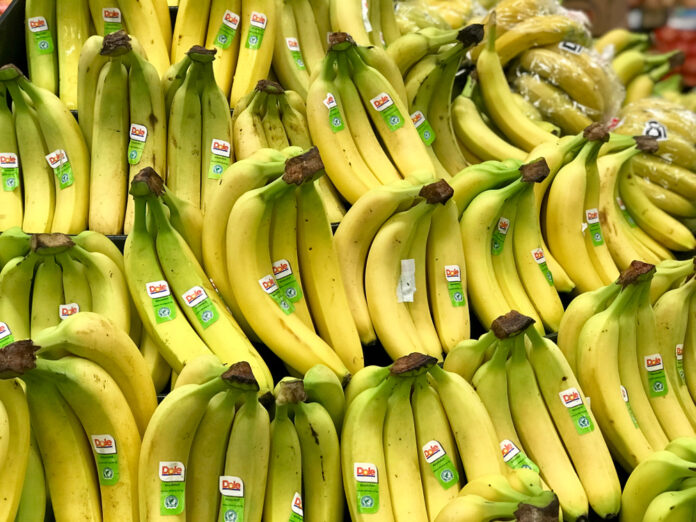Agricultural stakeholders are sounding the alarm over the looming imposition of a 20 percent tariff on exports to the United States, urging the government to adopt a strategic and cautious approach amid fears of disproportionate trade concessions and domestic market disruptions.
Jayson Cainglet, executive director of the Samahang Industriya ng Agrikultura (SINAG), warned against agreeing to U.S. demands for zero tariffs on American meat products in exchange for renegotiation, noting such a move could severely harm the local livestock industry. “There should be caution in negotiating lopsided trade agreements that primarily benefit importers and traders at the expense of local producers,” he said.
Raul Montemayor, national manager of the Federation of Free Farmers, echoed the sentiment, warning that Philippine goods may become less competitive in the U.S. market due to higher costs, potentially leading to reduced demand. He also flagged the risk of surplus goods from other countries being redirected to the Philippines, flooding the local market.
While Philippine Chamber of Agriculture and Food Inc. president Danilo Fausto downplayed the overall impact due to the country’s limited exports to the U.S., he acknowledged possible setbacks for key products such as coconut, seaweeds, bananas, and pineapples.
Chemrez Technologies president Dean Lao Jr. highlighted increased competition from Vietnam and Indonesia in the U.S. coconut oil market, where Vietnam faces similar duty levels. “We expect stiff competition,” Lao said.
From a policy standpoint, Agriculture Undersecretary Roger Navarro confirmed that coconut products are likely to be most affected and warned that increased U.S. exports of commodities such as chicken, wheat, and corn could disrupt local farmers’ planting decisions and trade dynamics.
The growing apprehension among industry players underscores the need for calibrated government action to protect domestic agriculture and ensure trade negotiations do not undermine local industries.







